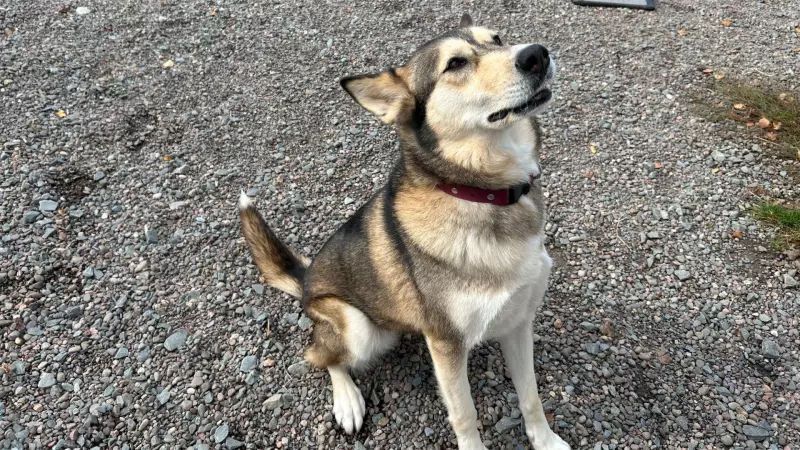
In animal shelters across Nova Scotia, a troubling pattern has emerged that's leaving many lovable companions waiting indefinitely for their forever families. According to recent data from the Nova Scotia SPCA, larger dogs are facing dramatically tougher odds when it comes to finding permanent homes.
The Size Disparity in Shelter Adoption Rates
Statistics paint a stark picture of adoption preferences in the province. While smaller dogs typically find new homes within approximately 30 days, their larger counterparts often wait three times longer—some spending up to 90 days or more in shelter care. This significant gap highlights a clear preference for compact canines among potential adopters.
Understanding the Adoption Challenges
Several factors contribute to this adoption imbalance. Space constraints rank high among concerns, as many potential pet owners in urban areas or smaller homes worry about accommodating a large dog comfortably. Financial considerations also play a role, with larger dogs typically requiring more food, larger doses of medication, and potentially higher veterinary costs.
Additionally, misconceptions about energy levels and training requirements often disadvantage bigger breeds. Many adopters assume larger dogs need excessive exercise or specialized handling, when in reality, numerous large breeds make excellent, calm family companions.
Shelter Perspectives on the Crisis
Shelter staff witness the emotional toll this trend takes on the animals. "It's heartbreaking to see these gentle giants passed over day after day," shared one Nova Scotia SPCA representative. "Many of our larger dogs have wonderful temperaments and would make perfect family pets, but people often make assumptions based solely on size."
The Reality of Large Dog Ownership
Contrary to popular belief, many larger dog breeds offer significant advantages. Numerous large breeds actually have lower energy levels than their smaller counterparts, requiring less intensive exercise. Breeds like Great Danes, Mastiffs, and Greyhounds are often content with moderate daily walks and plenty of couch time.
Furthermore, larger dogs frequently demonstrate exceptional patience with children and make excellent guardians for home and family. Their typically calmer demeanors can be ideal for households seeking a relaxed companion.
How Potential Adopters Can Help
For those considering bringing a new canine companion into their lives, animal welfare experts encourage:
- Evaluating lifestyle compatibility rather than focusing primarily on size
- Meeting multiple dogs of different sizes during shelter visits
- Discussing space requirements and exercise needs with shelter staff
- Considering foster-to-adopt programs to ensure the right fit
- Researching breed characteristics beyond physical size
As shelter capacities continue to strain under the weight of this adoption disparity, the hope remains that more Nova Scotians will look beyond size and discover the incredible companions waiting in the "large dog" sections of local shelters.





